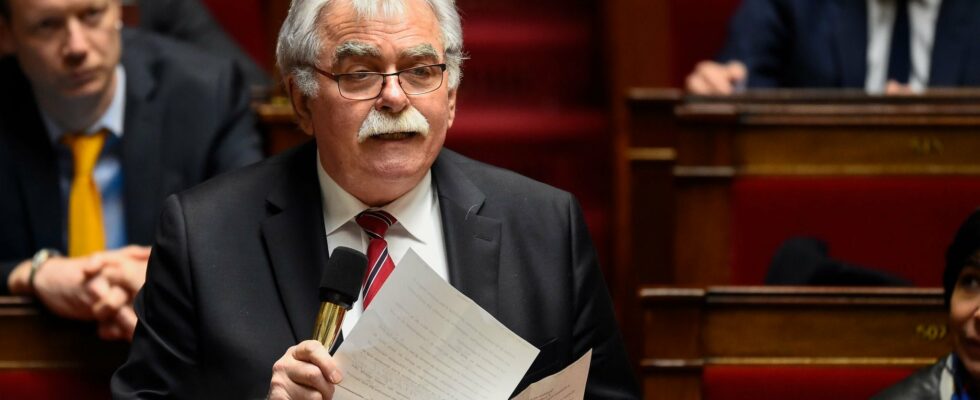It is, so to speak, as feared as it is expected. The election of the next president of the National Assembly will be held this Thursday, July 18 in the hemicycle of the Palais Bourbon. In the starting blocks, six candidates, three of whom come from the three main blocs: the outgoing president Yael Braun-Pivet for Renaissance, the communist André Chassaigne for the New Popular Front (NFP), the outgoing vice-president Sébastien Chenu for the National Rally (RN).
But Les Républicains (LR), the centrist Liot group and the Horizons deputies are also presenting their champion. It must be said that the deadline is crucial, as the next tenant of the Hôtel de Lassay is promised a leading political role. “Much more strategic than any of his predecessors,” a parliamentary bigwig confided to L’Express. And this, for several reasons.
A political role boosted by the absence of a presidential majority
First of all, “the theatricalization of his election will mechanically give him much more importance,” explains political scientist and historian Jean Garrigues. Also, unlike previous legislatures, his victory is far from assured. Because until now, the fourth person in the State was certainly from the ranks of the majority group. It is thus not inconceivable that for the first time since 1958, a member of a minority group will sit in the rostrum.
Another point: for the first time, Emmanuel Macron does not have a majority, even a relative one. “The master of the clocks no longer has a group in his hands that is powerful enough to impose itself, and the president of the National Assembly will not be left with his little finger on the seam of the trousers to execute the presidential calendar. His arbitration capacity will therefore be considerable, in particular in establishing legislative priorities,” explains Guillaume Drago, professor of public law at the Panthéon-Assas University Paris II.
Especially since the institutions give the President of the National Assembly broad powers in institutional matters: convening and chairing public sessions, organizing parliamentary work and debates in public sessions. The President of the Lower House can also refer the matter to the Constitutional Council before a bill is voted on in order to verify its legality. For example, he could be “an obstacle” to the implementation of a particular program.
Time for real “clarification”?
To be qualified, however, because he must above all ensure stability in the lower house. “Without stifling the debates,” Guillaume Drago tempers. Thus, he must ensure harmony in the chamber, like an “orchestra conductor.” A formula inherited from Jacques Chaban-Delmas, president of the National Assembly for sixteen years. “You have to know how to understand the debates, give them time when they deserve it, shorten them when they drag on, in short, a whole art,” smiles Jean-Jacques Urvoas, former deputy, Keeper of the Seals and current professor of public law at the University of Western Brittany. And to add: “This was understood by Philippe Seguin, who insisted on chairing all the sessions at the beginning of his term.”
But even before the deputies fight in the chamber, the election could be the “clarification” called for by Emmanuel Macron on the evening of June 9. And for good reason, the president of the lower house “will give the political color to the Assembly”. The parliamentary groups will thus be able to act on their membership or not in the opposition. Because the political configuration that emerged from the ballot boxes on July 7 made it difficult to establish a boundary between majority and opposition.
Furthermore, Emmanuel Macron, who is urging the various political forces to find an agreement in order to form a government, could use Thursday’s result to choose Gabriel Attal’s successor. “If Yaël Braun-Pivet is elected, that could be an argument for not appointing the NFP candidate, if there is a candidate,” mocks a veteran. And the left-wing coalition formed in haste the day after the dissolution understood this well. This is why the NFP, which has been arguing for over a week over the choice of a Prime Minister, managed to everyone’s surprise to agree on the name of a candidate for the rostrum on the eve of the election. It’s as if the left only knows how to get its act together in an emergency.
